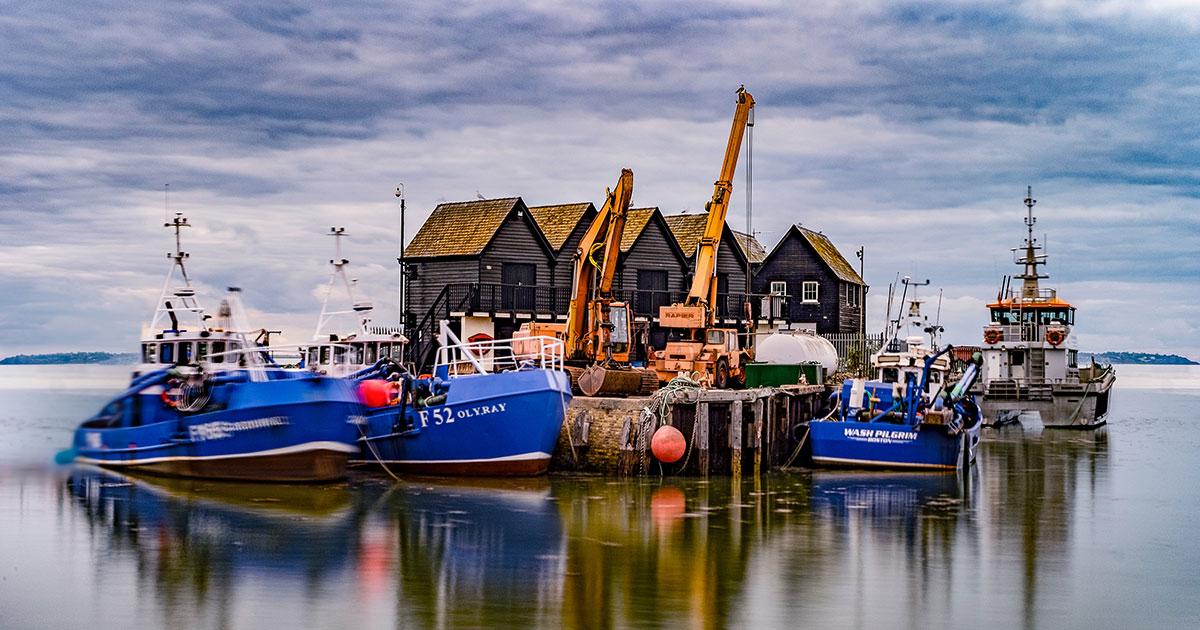Oceana reports that no-deal Brexit would mean lawless situation for UK waters as the draft Fisheries Bill is still stuck in parliament
The UK leaving the European Union (EU) without a withdrawal deal could lead to lawlessness at sea with serious impacts on fisheries and marine life in the UK, the environmental organisation Oceana warns. The UK Fisheries Bill, which would replace current EU legislation covering fisheries (the Common Fisheries Policy), will not get through parliament in time before 29th March, meaning that no fisheries law would be in place in UK waters on Brexit day.
Oceana reports that there is also no agreement yet with the EU as to which boats would be allowed in British waters and vice versa. Furthermore, neither the UK nor the EU will have access to each other’s Vessel Monitoring Systems (VMS), which they suggest could lead to illegal fishing going unnoticed and compromise efforts to rebuild fish stocks.
“We don’t want to see all the efforts by the UK and EU to make fisheries more sustainable go to waste, putting the future of seafood and jobs on the line. With a no-deal Brexit, fishing could become a free-for-all with nobody to be held accountable. No withdrawal agreement puts UK fish stocks at risk”, said Pascale Moehrle, executive director for Oceana in Europe.
Oceana suggests that if the UK leaves without a deal on 29th March it would mean the current fisheries law that covers UK and EU fishing (the CFP) would no longer be in place after Brexit day. VMS data are shared among EU Member States for boats fishing in each other’s waters. A no-deal Brexit for fisheries means no automatic access for fishing boats from the EU in UK waters and vice versa. This uncertainty could lead to illegal, unreported and unregulated (IUU) fishing.
“If we crash out of the EU, we could create anarchy at sea as the Fisheries Bill has stalled in parliament. In addition, there is no agreement on who can fish where. This could lead to more clashes between UK and continental fishermen and illegal fishing will increase. We need time for the Fisheries Bill to receive proper parliamentary scrutiny and to be made fit for the 21st century. At present, it is far too weak for environmental standards and doesn’t even commit to fish sustainably, in other words, below Maximum Sustainable Yield. That would undo all the hard work done to date to end overfishing”, said Melissa Moore, head of UK policy, Oceana.
Story source: Oceana





